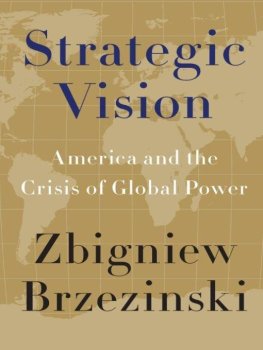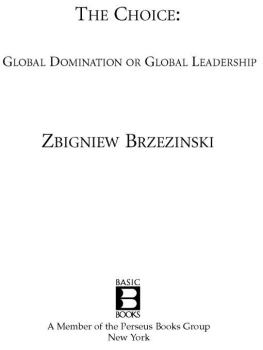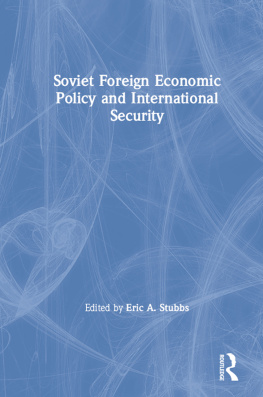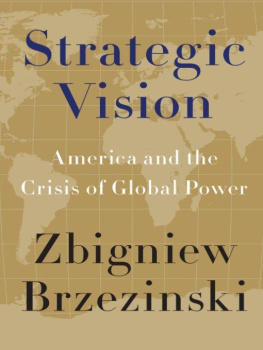PREFACE
SHLOMO AVINERI
B iographies of academics are a difficult genre, even when it comes to persons with a high public profile. Michael Ignatieffs Isaiah BerlinA Life, and Adam Sismans An Honorable EnglishmanThe Life of Hugh Trevor-Roper, wonderful as they both are, show the strains.
The Towers of Academe are constantly stormed by ambitious individual scholars, armed with footnotes adorning learned disputations: but then, as it has been said, the stakes are sometimes so small. No world historical battles, no decisions of life and death, no nail-biting moments of uncertainly on which hang the lives of millions. Another article, another symposium, a hard-won prestigious academic appointment, even a brilliant quip at High Table in All Souls dont equal the battle of Waterloo, the world historical consequences of the Ribbentrop-Molotov pact, or the agonizing debates of when and where to haunch the second front in World War II.
The same applies, albeit on a lesser key, to biographies of academics-turned-statesmen, as shown in Walter Isaacsons KissingerA Biography: for all its high dramatic moments, it has long stretches of less than exciting episodes. From the readers point of view, policy position papers, sometimes written in Delphic academese, are a poor substitute for action.
Wisely, Andrzej Lubowski decided to follow a more eclectic approach. Rather than follow what would necessarily turn out to be a tedious account of academic and bureaucratic in-fighting and arcane arguments, sometimes couched in abstruse quasi-learned jargon, he chose to focus on a number of selected seminal issues addressed by Brzezinski during his career in the academy and in government. This is much more a biographical sketch than an overall detailed biography: yet by anchoring some chapters in quotes from Brzezinskis writings and interviews with him and other players, it is in a way following the revered English 19th-century tradition of The Life and Times of genre. It is also more lively, and because it does not attempt to marshal all the evidence which could be found for or against a certain intellectual position or political move, it is also more open to challenge and controversy. Yet it captures most vividly and coherently both Brzezinskis personality as well the context of his writings and activities.
From his initial studies on totalitarianism, conducted with his Harvard mentor Carl J. Friedrich, Brzezinskis major concern has been the Soviet Union: its Marxist-Leninist ideology, its political system, its foreign policies, its expansion into Central Eastern Europe, its challenge to Western democracies and the Great Power competition which locked it into a global contest with American power and policies. His ability to combine geo-strategic thinking with a deep understanding of Russian history with its autocratic traditions and almost paranoid xenophobic approach to foreigners, endowed his writings, and later his policy recommendations, with unique insights mostly absent from the approaches of many US experts on the Soviet Union and international relations.
Because of this, Brzezinskis academic writings, his role in the Trilateral Commission and ultimately his position as National Security Adviser in the Carter Administration, necessarily beg the inevitable comparison with Henry Kissinger: that Brzezinskis time in office followed Kissingers ascendancy in the Nixon and Ford Administrationsfirst as National Security Adviser and later as Secretary of Statebrings the comparison even more into focus.
This fascinating juxtaposition of the two foreign-born persons so dominant for decades in formulating US foreign policy vis--vis the Soviet Union, naturally occupies a central place in Lubowskis account. Though it could be further nuanced, it brings out the clear contours of the major differences between the two. Both were ardently anti-communist and anti-Soviet, but for the sake of stability and fearful of a major World War II-like conflagration, Kissinger opted for a strategy of accommodation with Moscow, while Brzezinski, claiming that the very nature of Soviet ideology and policies prevents stability, sought strategies for undermining the Soviet system. In other words, Kissingerwith his Metternichian balance-of-power approachwas looking to anchor, through what would eventually be called detente, a status quo with the Soviet Union, while Brzezinski, with his somewhat Manichean mind-set, was aiming at radical, though controlled, change. Kissinger was for preserving the status quo, Brzezinski was for challenging it.
Hence their different approaches to issues of human rights: for all his commitment to democratic values, Kissinger viewed their use against the Soviet Union as a dangerous weapon, and shied away from them; Brzezinski, on the other hand, realized their usefulness as a wedge which could undermine the Soviet system from within without the use of overt Western force. Consequently, Brzezinski courted and encouraged dissidents in the Soviet Union and its satellites, while Kissinger avoided them and saw many of their activities as undermining the balance of power he had so assiduously crafted with the Kremlin. Without admitting it, Brzezinski was following some major facets of George Kennans containment policies: this was the logic of peaceful engagement.
Brzezinski was also much more aware than Kissinger of the systemic weaknesses of the Soviet economy, which eventually contributed to Gorbachevs reform attempts and the systems eventual collapse.
In retrospect, Brzezinski was proven right and Kissinger was wrong. In the context of a study of Brzezinski, it may be unfair to focus on a what if scenario connected with Kissinger: but it surely is not wrong to see in President George H. W. Bush Chicken Kiev speech, as well as in Secretary of State James Bakers advise to the feuding last leaders of Yugoslavia to stick together rather than go their separate ways, echoes of Kissingers fear of instability, chaos and unpredictability. In Kissingers defense it should be stated that the steps leading to World War II gave him ample reasons for his preference for the status quo, even if problematical, over an unpredictable and unbridled series of changes which could lead to new catastrophes.
One of the reasons which helped Brzezinski in understanding the inner weakness and eventual brittleness of the Soviet system was his awareness of strong national undercurrents militating against Moscows oppressionnot only in the Warsaw Pact countries, forcibly incorporated into the Soviet system after 1945, but also within the multi-national Soviet Union itself. When in the White House he set himself up to foster these internal tensions.
Brzezinskis insistence in supporting Polands Solidarno with its far-reaching potential of undermining the whole Soviet system was obvious. Brzezinski also grasped that part of this movements subtextand popularityin Poland was not only its anti-communist, but also its anti-Russian and strongly Catholic agenda. Yet beyond this, Brzezinski was also right in seeing that with the onset of perestroika, not only democratic sentiments would be given relatively free reign, but also submerged national aspirations, as it happened in Georgia, Lithuania and other Soviet republics; given the Soviet Unions ostensibly federal system, the potential for a massiveand, paradoxically basically peacefulbreakup was evident. To Brzezinski, with











